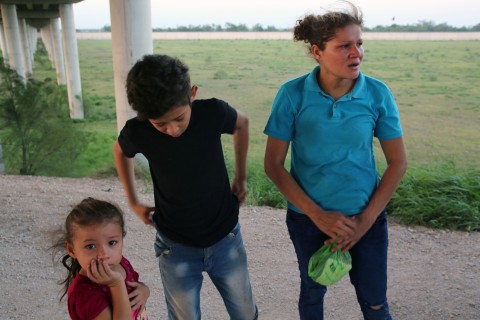No tolerance for zero tolerance
The Trump administration's treatment of vulnerable migrants—particularly children—is neither fair nor humane.

The sight and sound of immigrant children being separated from their parents at the U.S. southern border reflected an immigration policy guided by indifference if not cruelty. Though the policy of separating families was officially discontinued in response to protests last month, policy and practice at the border remains chaotic.
The chaos is rooted in President Trump’s desire for immigration policy to be “simple” and based on “zero tolerance” for anyone crossing the border illegally. But immigration policy is complicated for two major reasons: the Constitution guarantees due process under the law to anyone on U.S. soil, and any legitimate enforcement scheme has to be governed by compassion and common sense.
When the Trump administration announced that it would criminally prosecute all those who cross the border without visas or work permits, it decided it would put children in separate facilities while their parents await trial in jail. That was a way of getting around a 1997 court agreement—developed out of concern for the well-being of children—that prevents customs officials from putting children in jail. Previous presidents handled this constraint by releasing families to stay with relatives or under the care of local agencies until the time of their court date. Compliance was high because most immigrant families want their day in court. If the administration genuinely retreats from asserting zero tolerance, it is likely to return to a similar approach.




